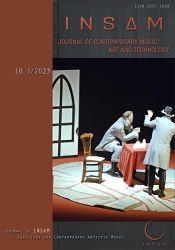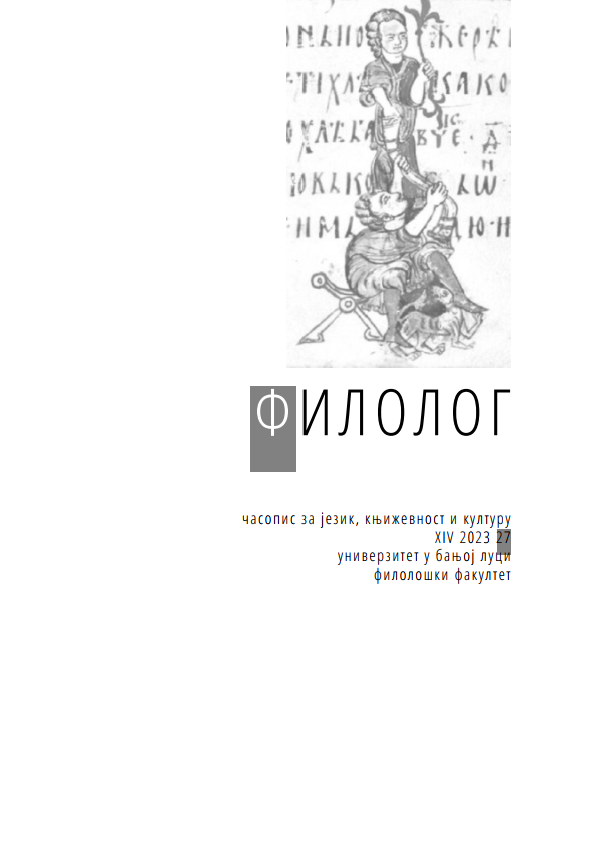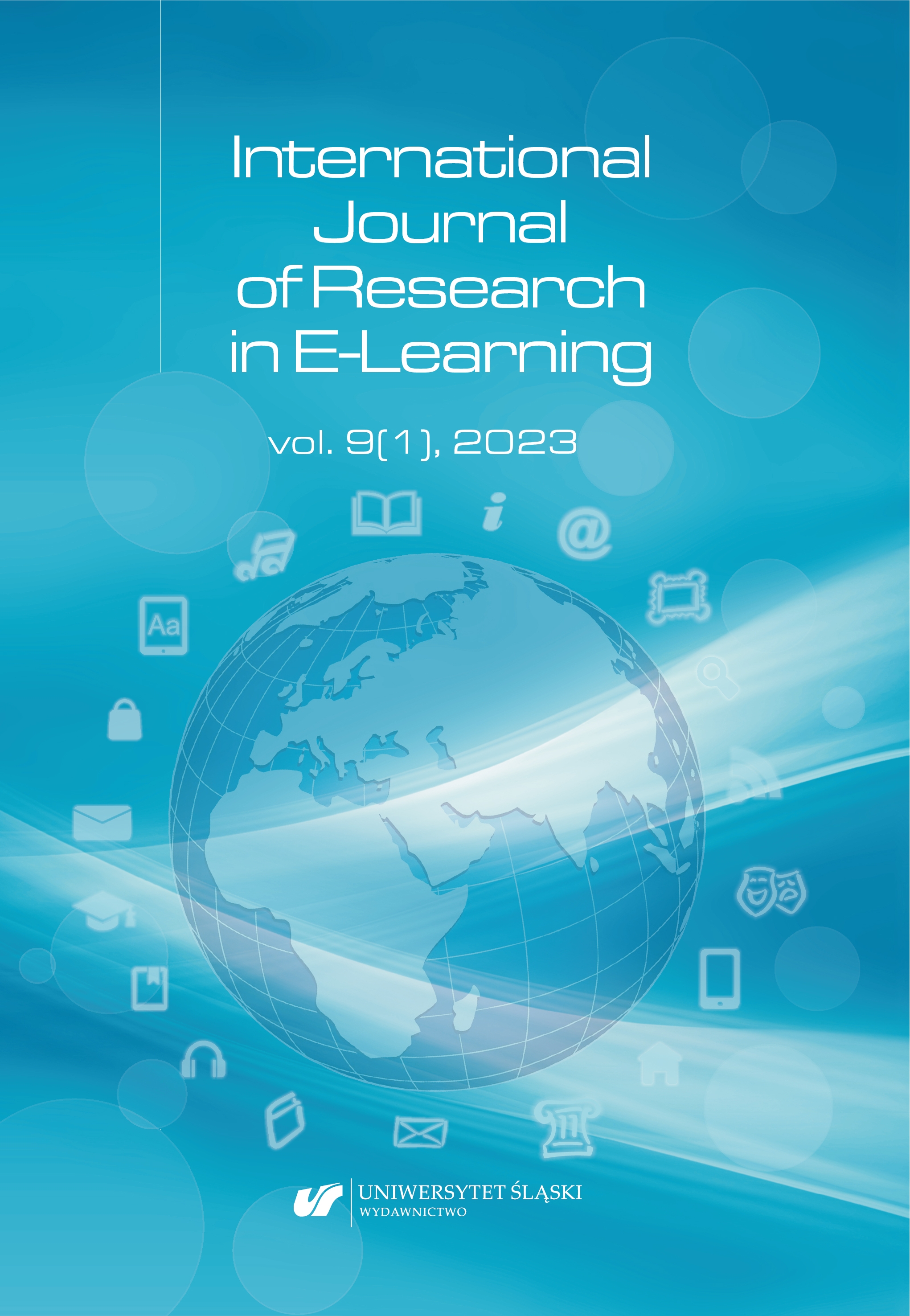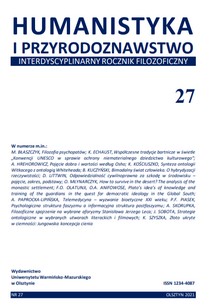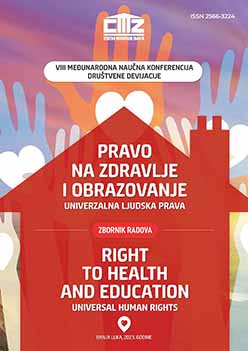
CURRENT TRENDS IN THE EDUCATION OF PRESCHOOL CHILDREN IN RUSSIA
CURRENT TRENDS IN THE EDUCATION OF PRESCHOOL CHILDREN IN RUSSIA
Keywords: preschool education; cognitive development; educational activities; innovative technologies; new knowledge; experimental research;
Preschool education in Russia is undergoing significant changes. At preschool age, the foundations of a research and creative attitude to the world are laid. The purpose of the article is to reveal current trends, innovative approaches, and features of public preschool education in modern Russia. A significant difference between innovation and traditional activity is described. The authors reveal modern forms of preschool education: experimentation, projects together with parents, digital technologies, etc. The specifics of the organization of educational activities with children in kindergarten, the variety of traditional classes, the innovativeness of various forms of children's activities are shown. The authors paid a special attention to the issues of the attitude of parents and children to the use of innovative technologies in preschool education. The analysis of research and work experience revealed significant changes in the development of a preschool child's personality in the process of mastering a behavior model in a new information environment. The authors substantiate the importance of experimental activities in preschool age, the role and place of the developing subject-spatial environment in which the tasks of physical, speech, cognitive, social and communication are solved.
More...
